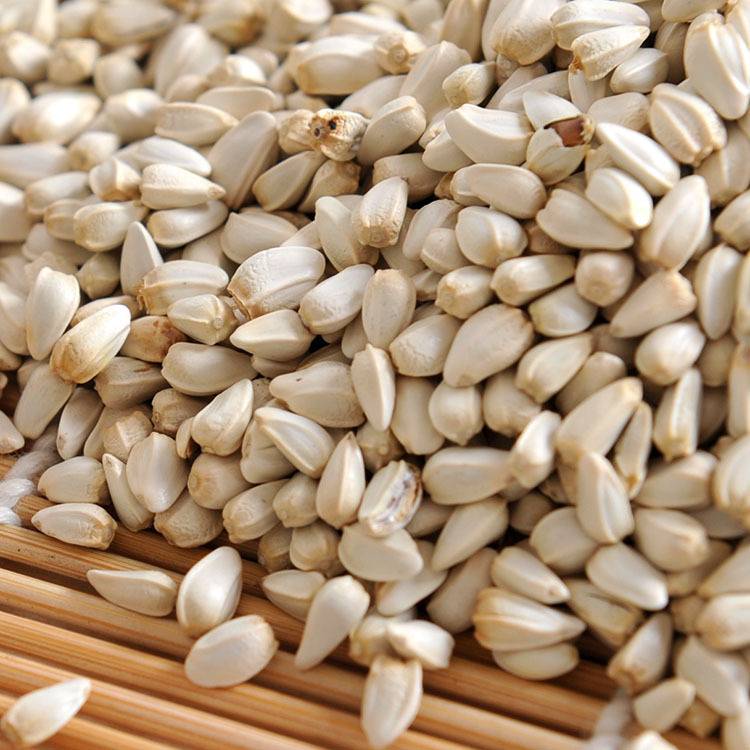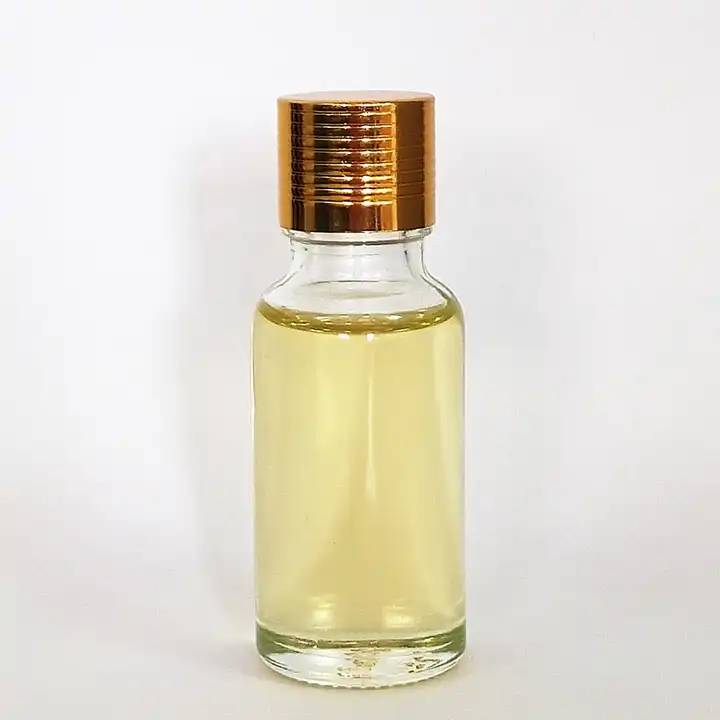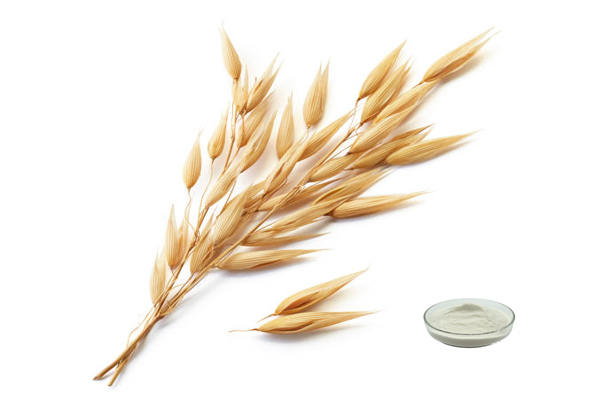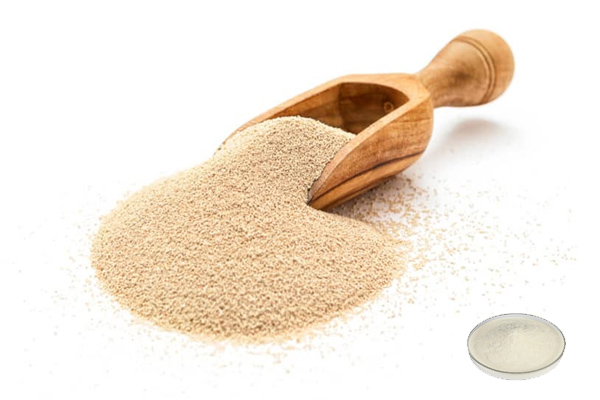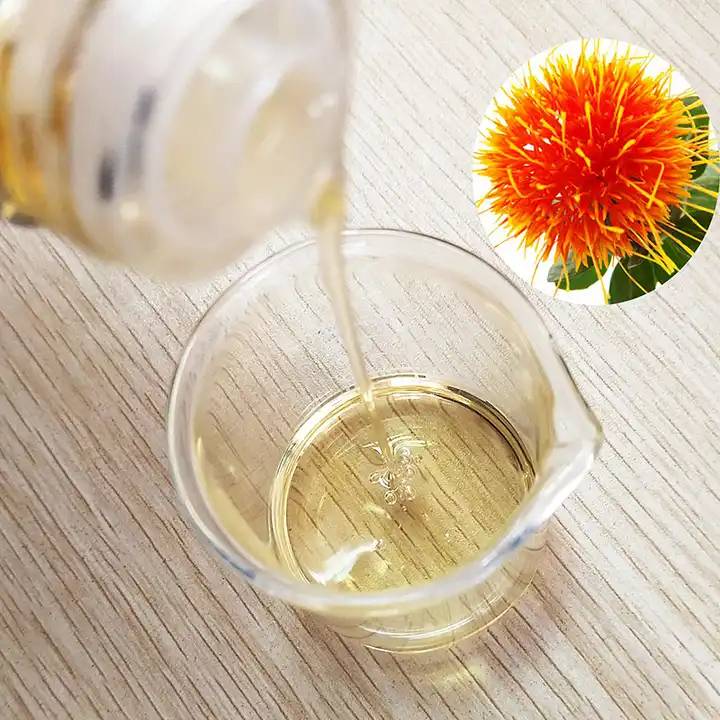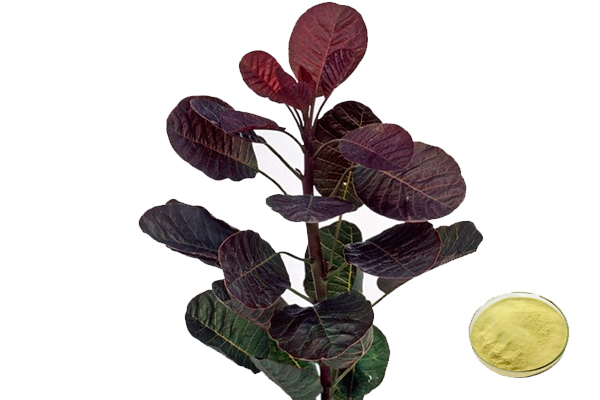Conjugated Linoleic Acid-Triglyceride 78%
製品名:共役リノール酸トリグリセリド
出典紅花シード
分析:78%
外観:クリア淡黄色油性の液体
Testing Method: HPLC
残留農薬:(ec) no 396/2005規格に準拠
- 記述
- データシート
- 証明書
-
共役リノール酸トリグリセリドとは?
Conjugated linoleic acid glyceride (CLAG) is the glyceride type ofConjugated Linoleic Acid (CLA). The naturally occurring CLAG is commonly found in ruminant animals, such as milk and beef. Although Conjugated linoleic acid glyceride (CLAG) is an essential functional fatty acid for the human body, it cannot be produced by the human body itself. The preparation of Conjugated Linoleic Acid (CLA) often uses vegetable oils (such as sunflower seed oil and peanut oil), but the best source is safflower seed oil (traditional Chinese medicine safflower) because safflower has the highest content or strongest activity of Conjugated linoleic acid glyceride (CLAG).
共役リノール酸グリセリドは、食品グレードのベニバナ種油から作られ、共役反応によって共役リノール酸に変換されます。次に、共役リノール酸脂肪酸をグリセロールでエステル化し、食品グレードのリパーゼを触媒として共役リノール酸グリセリンを生成する。
グリーンスプリング技術によって供給される共役リノール酸トリグリセライド78%は、透明な薄黄色の油性液体です。香りも味も優しく、脂溶性に優れています。製品の酸値は非常に低く、一般的な脂肪に比べて、抗酸化安定性が優れています。消費用のソフトカプセルを作るために使用することができ、乳製品、食用油、乳化脂肪製品に直接かつ広範囲に添加することもできます。
グリーンスプリング技術は、優れた研究開発チーム、専門的な生産チーム、経験豊富な販売チームを擁し、23年間にわたり植物抽出物の生産に特化してきました。ハラル、コーシャ、コスモス、brc、ifs、fda、iso、その他多くの認証を取得しています。グリーンスプリングは体系的な品質管理システムを持っており、厳格に実施され、iso、haccpなどの品質基準に従って生産を組織しています。すべての製品は追跡可能であり、原材料から完成品までの各製品は、生産プロセスのすべてのリンクを制御し、チェックすることができることを保証するために、詳細なテスト、および生産レポートを持っています。権威あるサードパーティのテストレポートが利用可能です。
规格:
商品名
共役リノールAcid-Triglyceride
ラテン語名
のLを有する。
CASない
2420-56-6
ソース
紅花シード
化学検査
78%
Testing Method
HPLC
外観
クリア淡黄色油性の液体
残留農薬
(ec) no 396/2005規格に準拠しています
規制:
euの規制に準拠しています。
見積もりをお探しですか?Benefits:
Promotes Lipolysis and Metabolism
Studies have shown that Conjugated Linoleic Acid-Triglyceride increases the activity of carnitine palmitate transferase (the enzyme responsible for the hydrolysis of fats for release into the bloodstream) and decreases the activity of lipoprotein lipase (responsible for the absorption of fats). Conjugated Linoleic Acid Triglyceride helps with fat breakdown and protein synthesis, which is a boost for fat loss and muscle gain.
Seventeen clinical studies have demonstrated that Conjugated Linoleic Acid at doses ranging from 0.7 to 6.89 per day can reduce body fat by 3% to 9% and maintain lean muscle tissue. A 12-month trial showed that the Conjugated Linoleic Acid (CLA) powder consumption group averaged 8% less body fat than the placebo group in the same setting, while increasing muscle tissue by 0.6kg, compared to the placebo group, which did not experience these changes.
Inhibition of Cancer Cells
Since Pariza and other scholars discovered conjugated linoleic acid from ground beef in 1983 and studied its anti-mutagenic effect, many scholars at home and abroad have carried out extensive and in-depth research on the anti-cancer effect and mechanism of conjugated linoleic acid, which has provided a theoretical basis for human cancer prevention and treatment.
Numerous experiments in animal studies have shown that the inclusion of 0.1g Conjugated Linoleic Acid (CLA)/100g of dry matter in the diet of test animals significantly reduces tumourigenesis. It also protects against a wide range of cancers, including breast, skin, prostate, lung, colon, and stomach cancers.
Among the population-based studies on anti-tumour, a study in Finnish women showed a reduced risk of colon and breast cancer after supplementation with Conjugated Linoleic Acid Powder. In a further study of women with breast cancer, supplementation with 7.5g of Conjugated Linoleic Acid Powder per day for 10 weeks resulted in a significant reduction in Spot 14, a factor highly associated with breast cancer proliferation. It is suggested that Conjugated Linoleic Acid (CLA) may have some anti-tumour effects through immunomodulation.
Lipid Regulation and Anti-Atherosclerosis
Conjugated Linoleic Acid-Triglyceride improves dyslipidaemia and prevents atherosclerosis by reducing total cholesterol, triglycerides, LDL cholesterol and increasing HDL cholesterol.
One study found that supplementation of 0.7 to 1.4g Conjugated Linoleic Acid-Triglyceride per day in a subject population for 4 weeks resulted in a decrease in body fat content, serum triglycerides and serum total cholesterol. According to the results presented at the annual meeting of the American Chemical Society in August 2000, dietary supplementation of 6g Conjugated Linoleic Acid-Triglyceride per day for 8 weeks in patients with type 2 diabetes mellitus can reduce triglyceride levels and improve insulin secretion levels. This suggests that CLA may have a role in preventing secondary atherosclerosis in patients with type 2 diabetes.
Immunomodulation
Conjugated Linoleic Acid-Triglyceride modulates inflammatory factors by inducing lipid peroxidation for immunomodulation. Numerous experiments in animal studies have shown that CLA has the physiological effects of increasing antibody levels, normalizing immune organs, and promoting T-lymphocyte division in experimental animals.
Recent clinical findings have demonstrated that Conjugated Linoleic Acid-Triglyceride supplementation with 6g Conjugated Linoleic Acid-Triglycerideper day for 12 weeks in patients with rheumatoid arthritis reduces the production of pro-inflammatory factors such as TNF-α or nuclear factor k B (NFκB), reduces the symptoms of Crohn's disease, and improves quality of life. Supplementation of CLA and vitamin E in these rheumatoid arthritis patients significantly reduced arthritis markers such as citrullinated antibodies (CCP-A), matrix metalloproteinase 3 (MMP-3), and white blood cell counts.
Applications:
For Health Products:
Numerous scientific researches have proved that Conjugated Linoleic Acid-Triglyceride has a variety of important physiological functions such as anti-tumour, anti-oxidation, anti-atherosclerosis, improving immunity, improving bone density, preventing and controlling diabetes, etc.; and it can also reduce cholesterol as well as triglyceride and LDL cholesterol of animal and the human body, and it can reduce fat and increase muscle in animal and the human body. Conjugated Linoleic Acid-Triglyceride has been used as an additive in health products.
-
Get Your Free COA


 英語
英語 フランス
フランス スペイン
スペイン ロシア
ロシア 韓国
韓国 日本
日本




